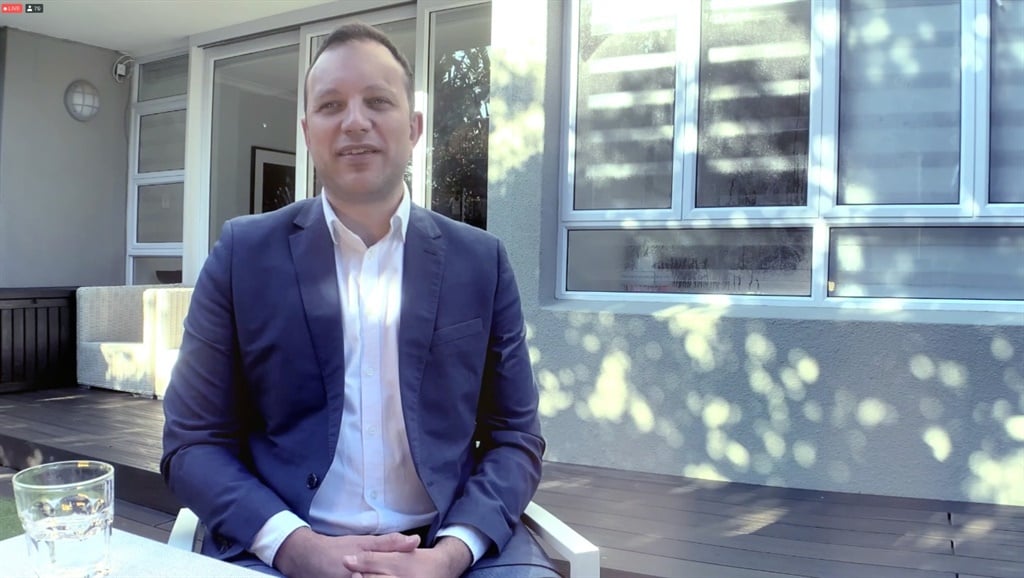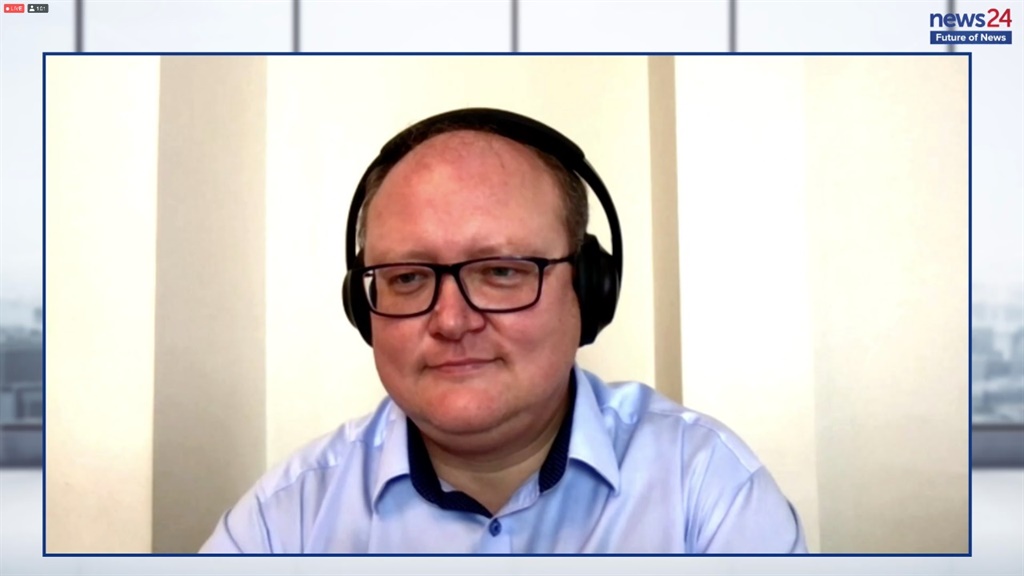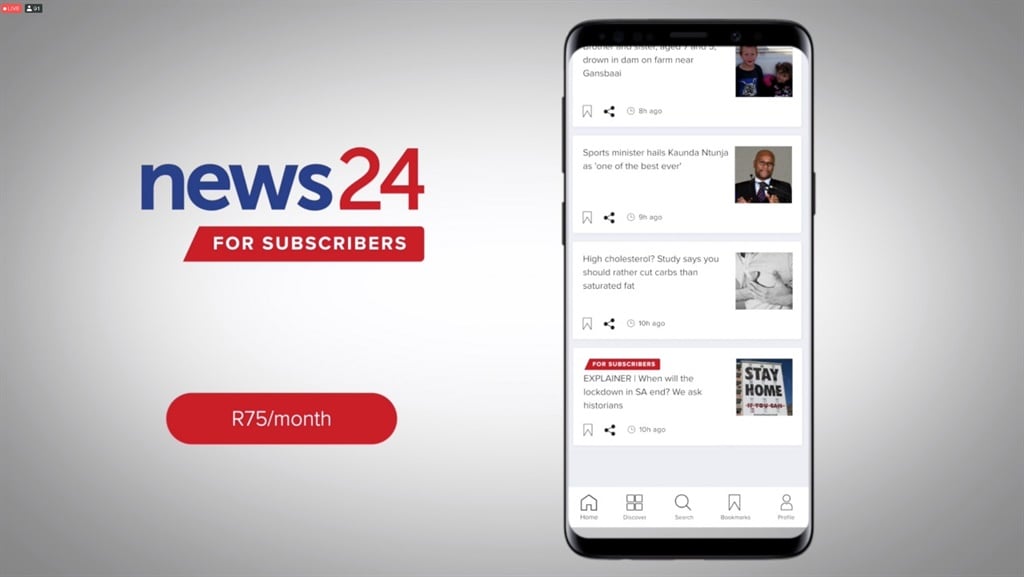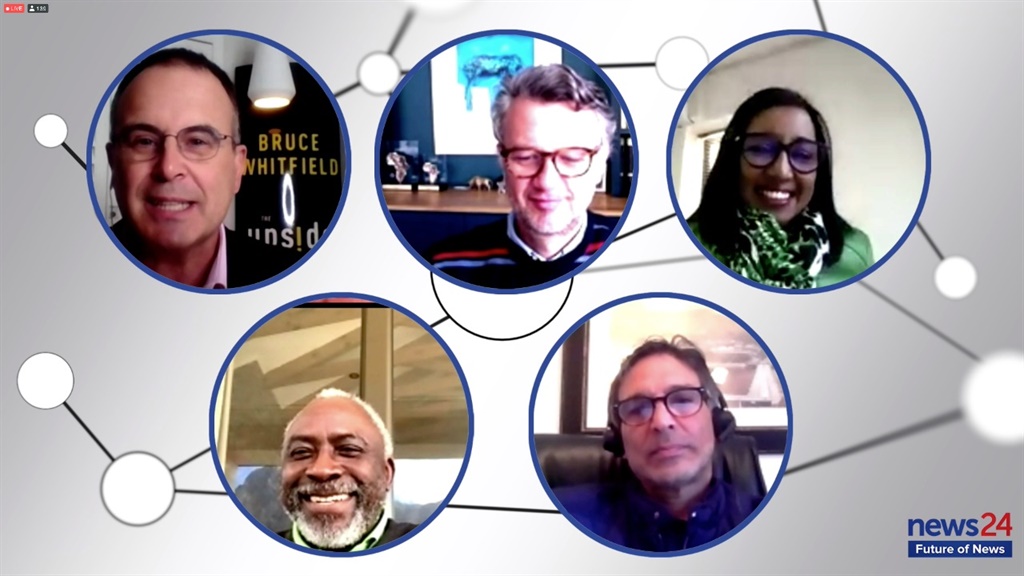- Good journalism that users are willing to pay for will ensure the future of the industry, research shows.
- News24 has announced that it will launch a subscription - or freemium - service in August.
- The freemium model is the most popular paywall option among readers, where much of the content is free to access, while other features are charged for.
Paywalls will not "save" journalism - only good journalism that users are willing to pay for will ensure the future of the industry.
But people are not only interested in news - value-added services such as crosswords, puzzles and the ability to interact are equally important when it comes to attracting and retaining readers.
This was the consensus among panellists at News24's Future of News Summit on Thursday.
News24 announced the launch of a digital subscription service that will be available for R75 per month from 8 August.
While breaking news will remain free to read, the subscription will give readers access to additional investigative and in-depth journalism, as well as a range of informed opinions, analyses and views on news, politics, sport, business and lifestyle. It will also include access to content from City Press, YOU, DRUM and True Love magazines.
'Historic moment'
"This is a historic moment for all of us at News24; something we've been dying to tell our more than 13 million monthly unique users about since we started this journey to build a sustainable model for quality journalism almost two years ago," said News24 editor-in-chief Adriaan Basson.
The panel of speakers addressing the digital summit included editors and digital experts from local and international publications and research institutes.
ALSO READ | Paying to read: News24 follows global trends in ensuring quality, independent reportage
Demand for quality news
Keynote speaker Greg Piechota, researcher-in-residence at the International News Media Association in the UK, said the unprecedented surge in the demand for news and quality journalism during the Covid-19 pandemic accelerated the digital disruption of traditional news models, forcing publishers of news to innovate and diversify.
"What we are experiencing is unprecedented in the history of the internet," Piechota said. "The demand for news worldwide in March 2020 had doubled the averages of the past five years. And it has tripled when you look at the number of people searching for news online".
This demand was especially high for quality, trusted news brands at a national and local level.
"In many countries, during the Covid-19 outbreak, journalists and news organisations were deemed as essential to society as bakers.
"There is a big debate about it: How can we sustain this service to the community even during situations like the lockdown?"
Lockdown measures throughout the world had disrupted revenue streams in many sectors, not excluding the media industry.
"Would you expect to get bread for free from the baker? This discussion is still ongoing. Of course, if somebody is dying of hunger, the baker will give them food.
The 'freemium' model
"The same applies to news publishers who have paywalls. In order to be sustainable and deliver quality journalism in the longer term, they need to find ways to fund it".
In the past, advertisers were "subsidising" journalism, based on the newspaper model, Piechota said. But changes in technology and advertiser and consumer behaviour have disrupted this model.
"If you made your [news] website free, you will struggle to monetise it. The future business model is going to be a balance between privacy of access and quantity of users.
"We call this business model 'freemium'. You have visitors to the free [sections] of your website, they log in and leave information about themselves, their behaviours and their preferences. Thanks to this data, we can make a better product, invest in journalists and features... There will be people who'd want to subscribe to it, which will attract advertisers.
"The question is therefore not about whether everybody will have to pay for content - the question is who would be willing to pay for trusted news.
"Readers who have an interest in an article that is [behind a paywall] because of their interest in certain topics or features, are those whom we believe will pay for content because they derive more value from it".
The freemium model is by far the most popular among readers, where much of the content is free to access, while other features are charged for, said Piechota.
Journalism not a commodity
"Journalism is not a commodity. News is a commodity - it is available for free everywhere. What is not a commodity is aspects of journalism such as verification, investigation, witnessing, sense making - this is what people want to pay for. Not for content, not for news; they want to pay for journalism."
But paywalls alone will not save journalism, Piechota emphasised. "Yes. journalism needs to be funded, but the world also needs better journalism. Whatever helps us to invest more in journalism, will help us save journalism. News organisations need to be relevant to the challenges faced by society. News organisations and journalists can save themselves if they respond to these challenges".
Alexandra Beverfjord, editor-in-chief of Dagbladet in Norway, said paywalls would 'save' the parts of journalism that the public is willing to pay for.
"Norway is the country in the world with the highest willingness to pay for digital subscriptions. But when we started, very few people thought it was possible to make money this way. Today, digital subscription is an important part of our business model," Beverfjord said.
Alec Russel, editor of FT Weekend in the UK, said the publication's paywall was "unbelievably important".
"It has ensured that we can still create great journalism. Good journalism costs money - it costs money to fact-check, or to send a reporter on a complicated [assignment]... In Britain, we have seen once great news organisations fall by the wayside because they just no longer have the funding model. The paywall has been vital to us".
Internet killed the newspaper star
Mondli Makhanya, editor-in-chief of local weekly City Press, said newspapers had always been under threat of other media. "People thought radio would kill newspapers, but it didn't. When TV came along, again, people thought it would kill newspapers, but it didn't.
"But by the time the internet came along, I think a complacency crept in. There was a sense that newspapers had survived other revolutions and will survive this one as well. So we, as a newspaper industry, created a bad habit on behalf of consumers of providing news for free.
"The challenge we are facing now is how to break that habit and convince people that what we are producing is worth paying for and that it is not just something like oxygen that comes from nowhere - it is something that requires resources to produce".
According to Helena Sund, editor of Expressen in Sweden, which started its digital subscription service in 2018, an important aspect of the success of a paid-for news service is the degree to which newsrooms are able and willing to adapt to produce content that people are willing to pay for.
"Slapping a paywall on something you already have will only take you so far. Your most loyal readers will be along for the ride, but reaching newer and younger audiences will be significantly more difficult when you become complacent. You have to make your journalism stand out and interest your audience so that they are willing to pay for it".
Why do some paywalls succeed while others fail?
Piechota says over the years, many news publishers have become content producers. "People don't want to pay for something that is a commodity that is available everywhere. Quality journalism built around people's needs is a big factor".
The second factor, says Piechota, is not being a generic product, but building your content around your audience's needs and engaging with them.
"The third is alignment and focus - when all the different parts of a company understand and connect around a shared goal".
Beverfjord added that the best way to make a subscription service work was through unique, exclusive content.
In the South African context, access to data and the costs associated with it presented problems when it came to paying for online content, said Makhanya. "South Africa is a developing country, so this has to be taken into consideration. But people are willing to go out and pay for a copy of City Press on a Sunday, and they are willing to pay a certain amount for a monthly subscription.
"We are not taking away anything from you - we are actually giving you value".
Basson reiterated that general news would remain free to access, much like Expressen, which has only about 5% of its content behind a paywall.
How important is value-added content?
Piechota said features such as crosswords and puzzles were not only important to readers of newspapers. "What we have learnt from data is that executives sitting in their offices in skyscrapers in Manhattan are doing crosswords as well. It seems that things like crosswords have the biggest impact on retention. Newspapers were never just about news. When a newspaper was delivered to a household, some were reading the news, others were reading advice columns, others were reading the cartoons, others were solving the puzzles.
"These features are still as important as they were in the past, because these are people's needs. People don't only want to get the news - they want to also escape from their problems, interact with others, or do a crossword... Information is not just journalism".
Exciting new features on News24
Basson said News24 would introduce exciting new features for subscribers, such as the ability to post comments, listen to articles, share subscriber-only articles with friends and choose from a bouquet of premium newsletters.
The move is in line with a growing international trend to charge for online news content as the industry faces increasing economic pressures.
"We have invested in journalism and grew our newsroom at a dark time for media companies and journalists. With the very sad and unfortunate decline of print publications, we need to ensure that we build a sustainable future for digital publications like News24 to keep power to account and strengthen democracy," said Basson.




 Publications
Publications
 Partners
Partners


























